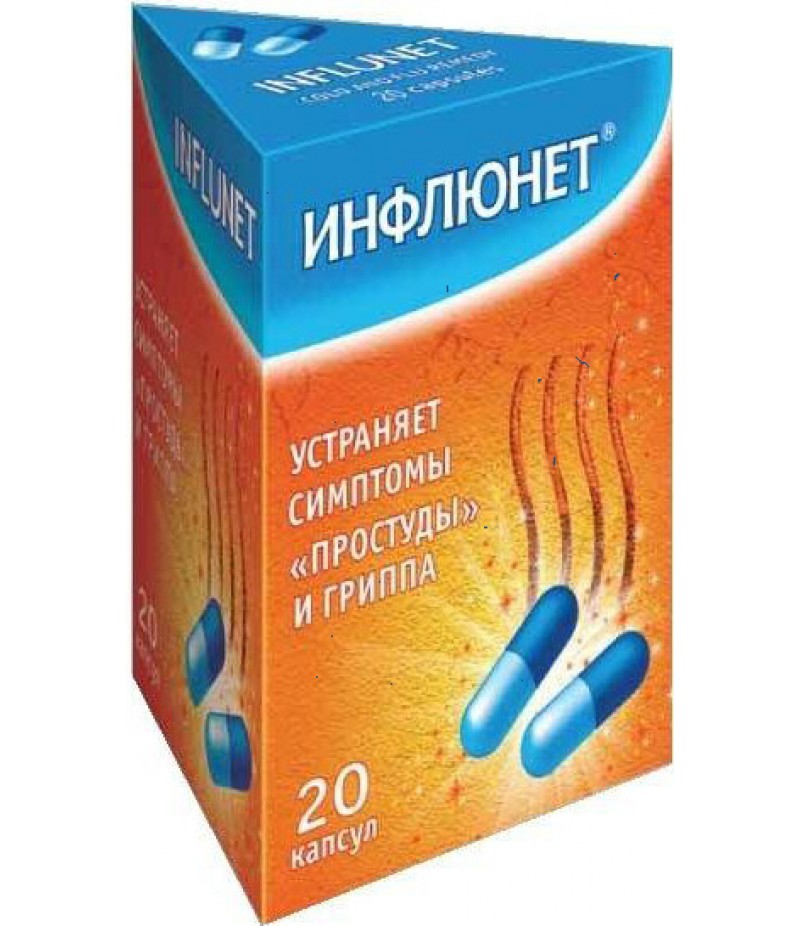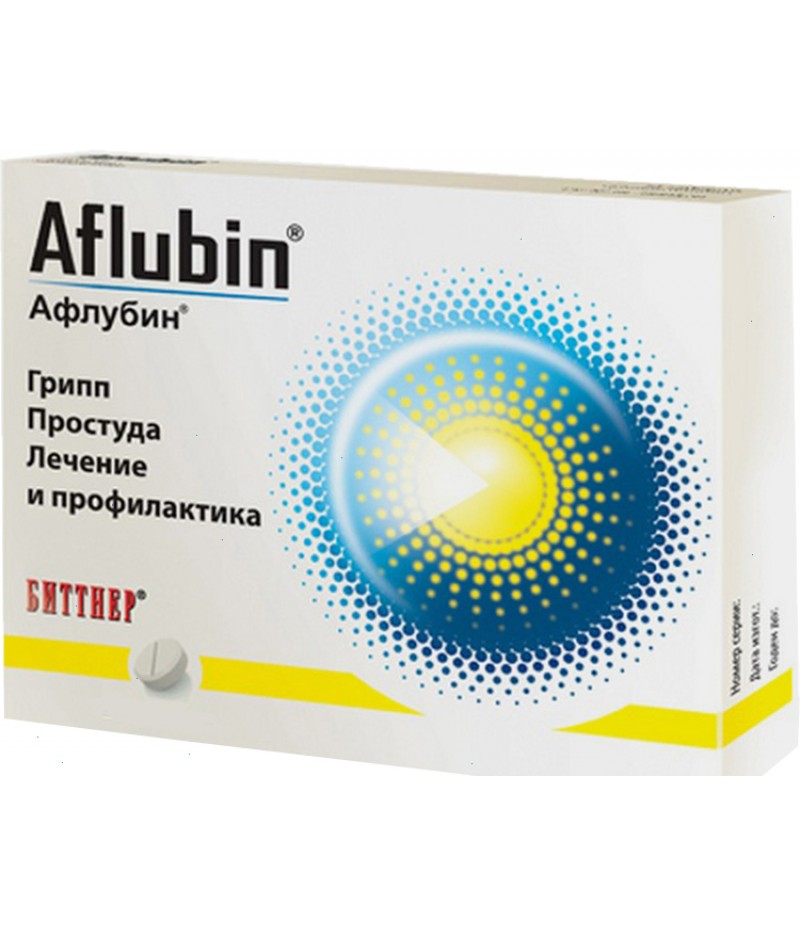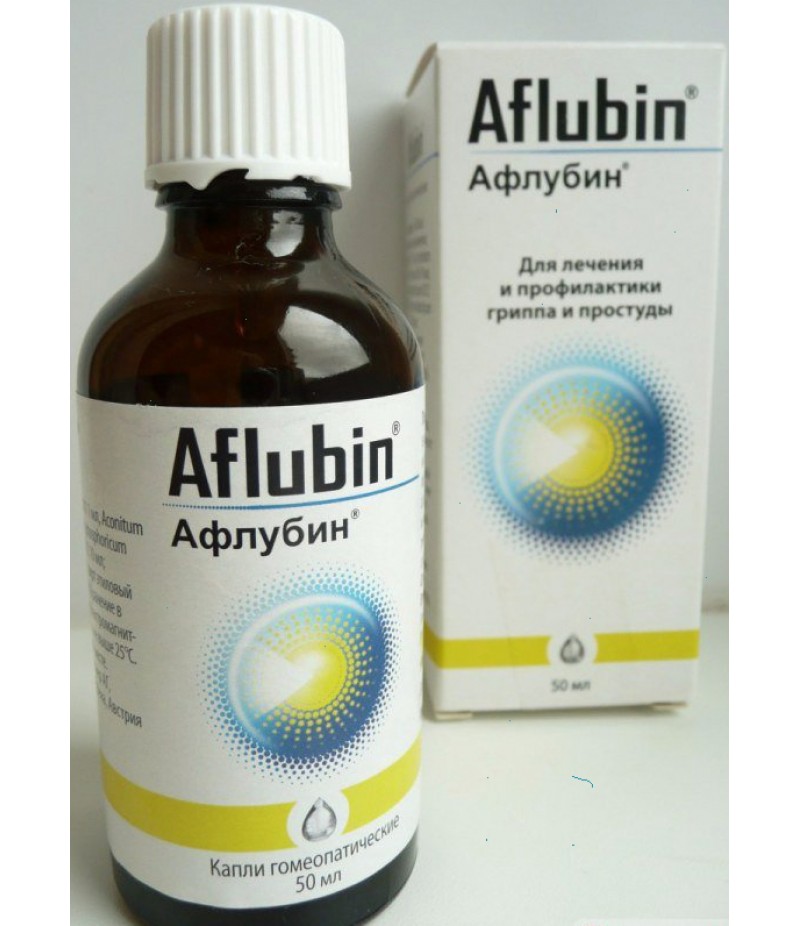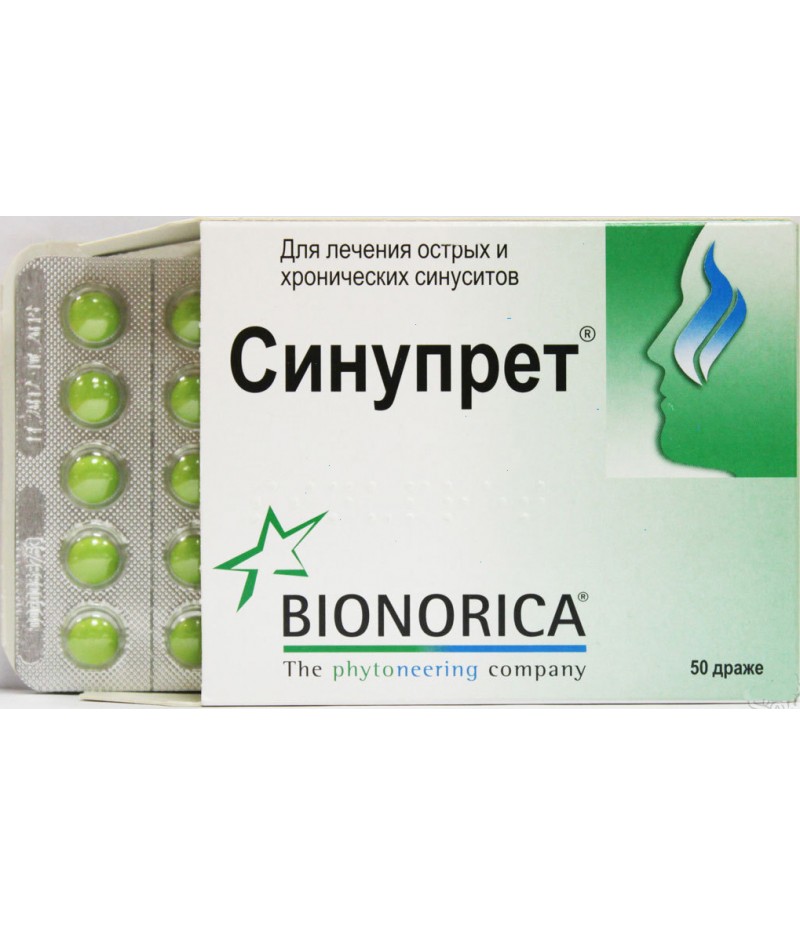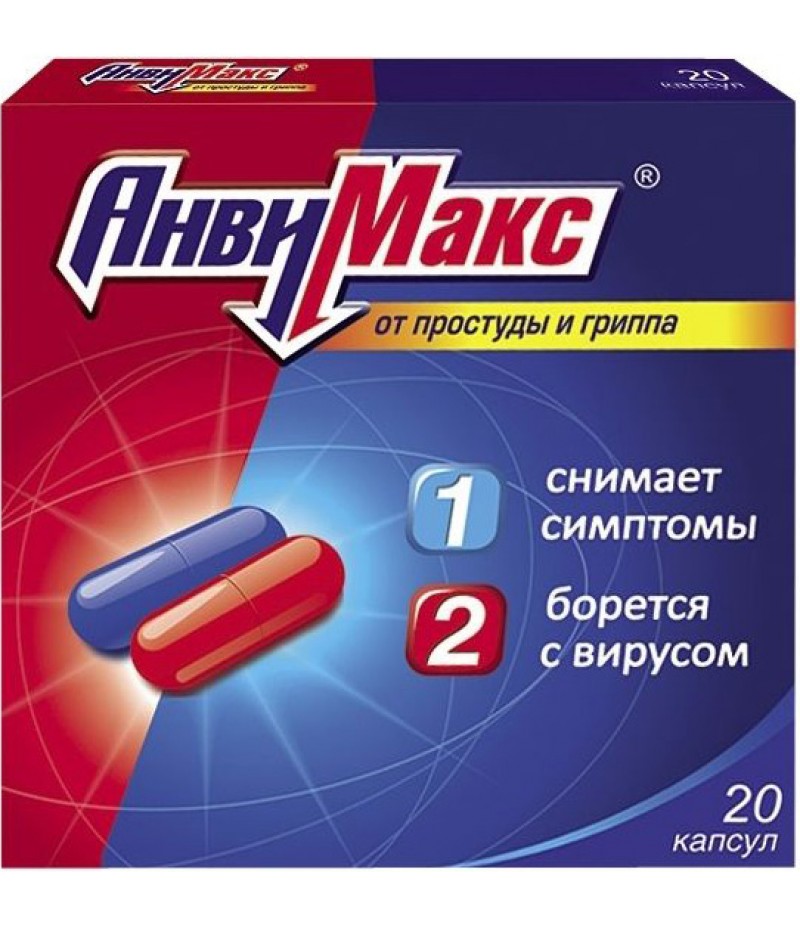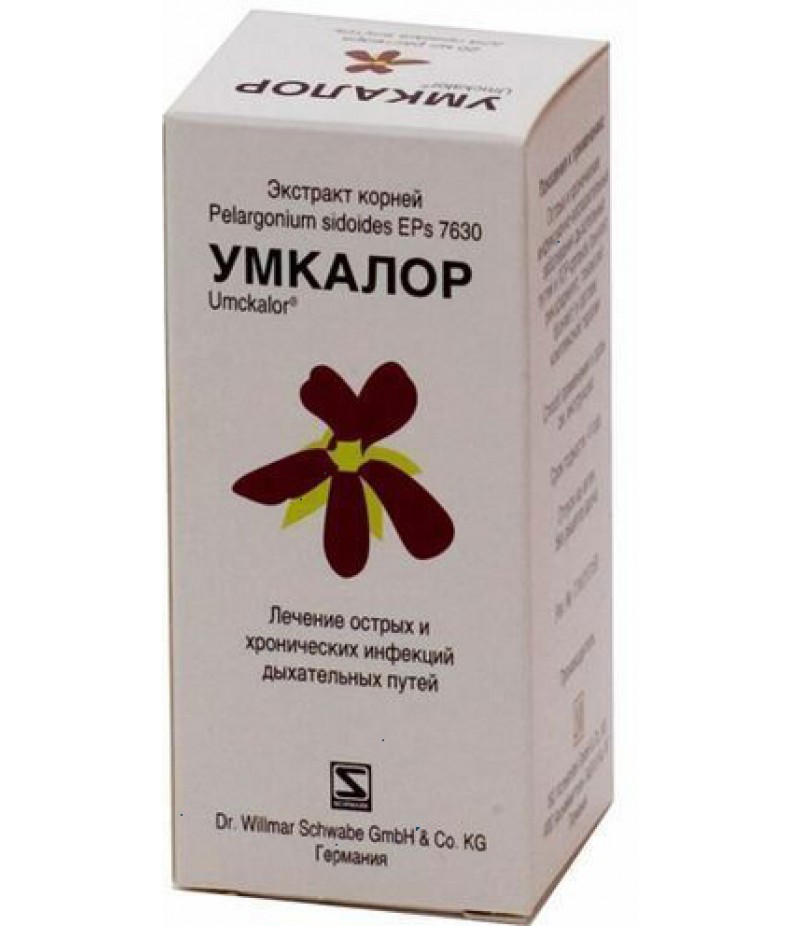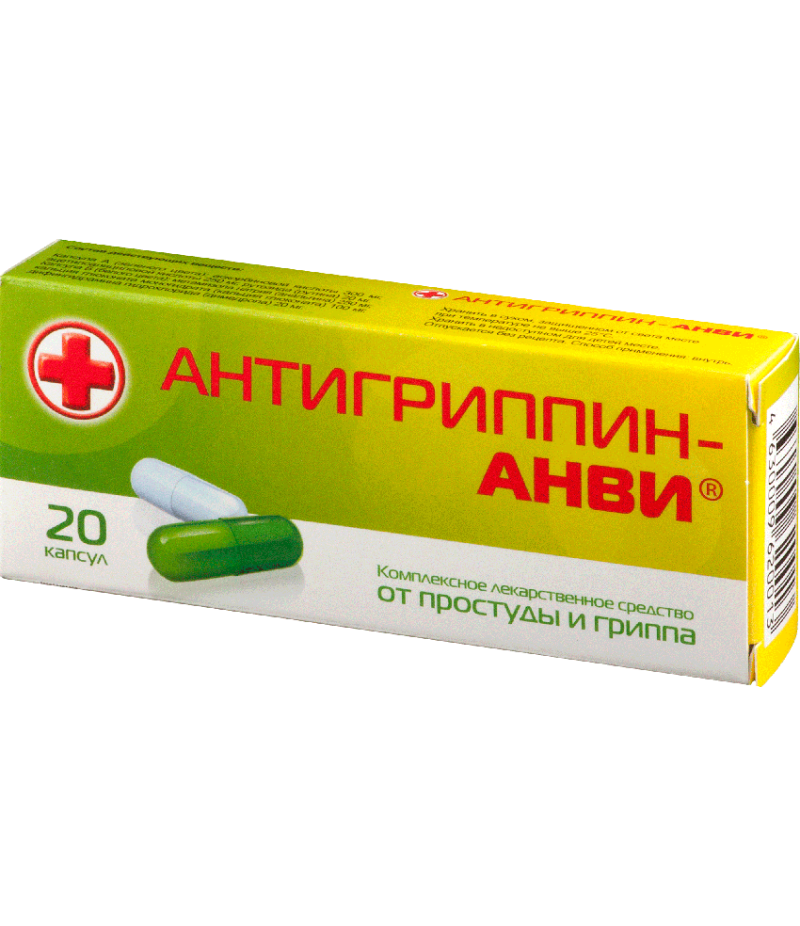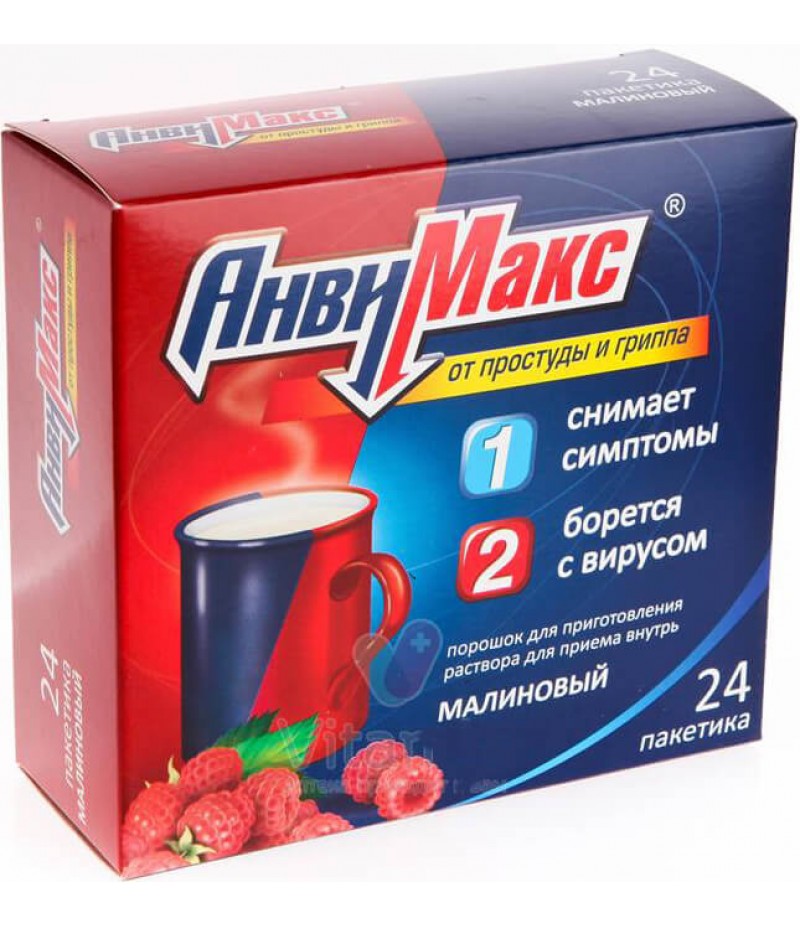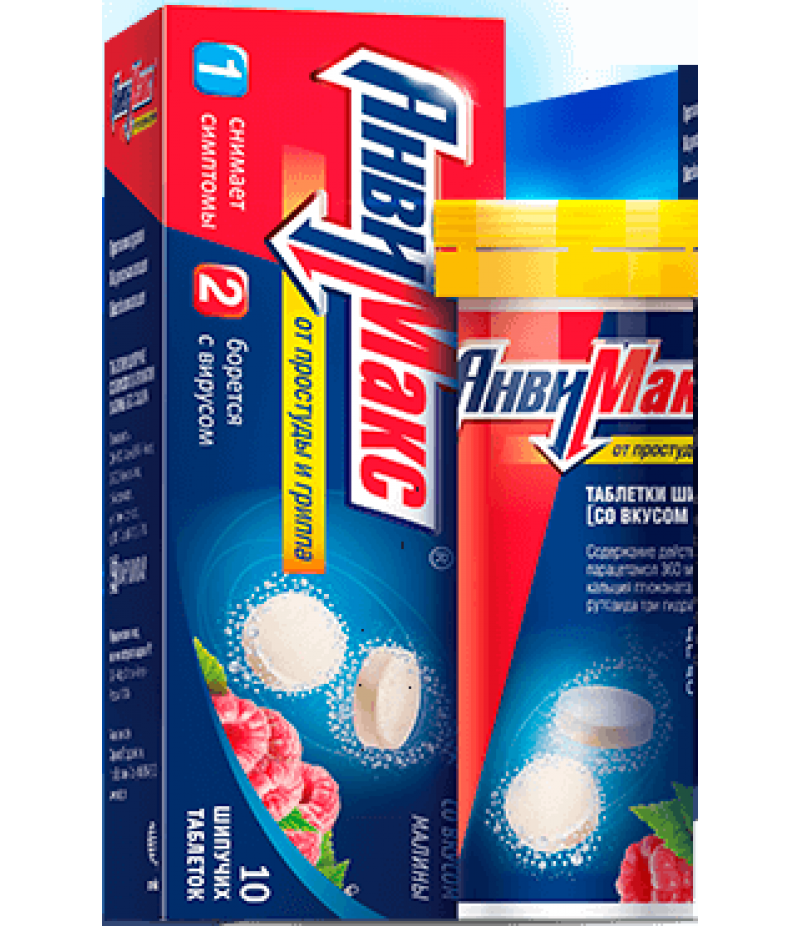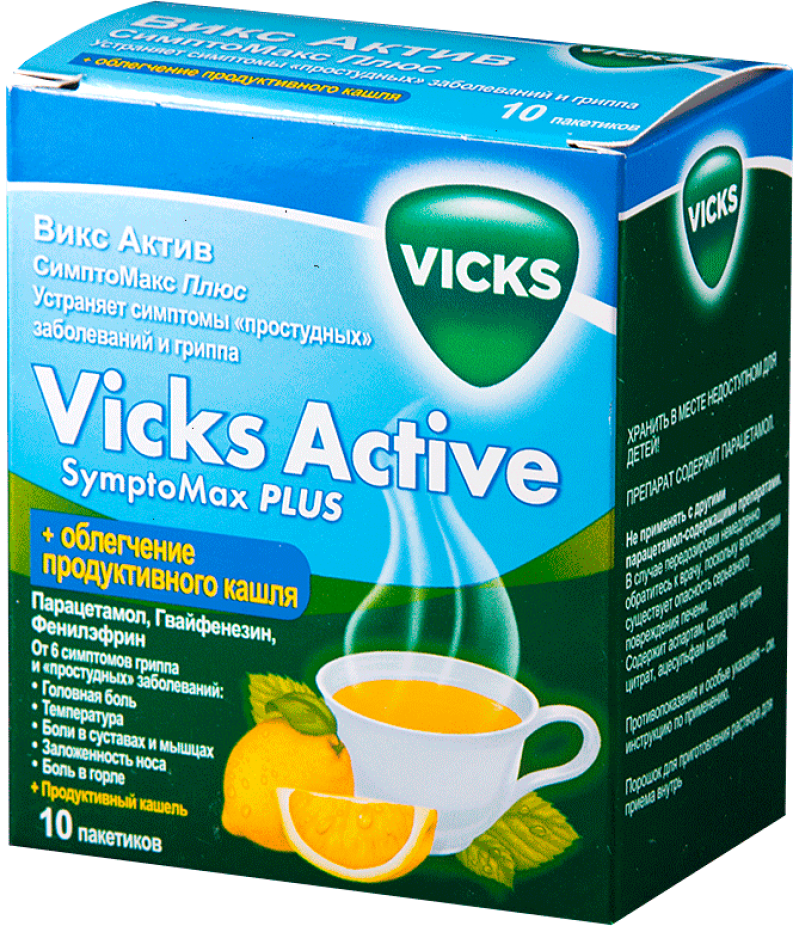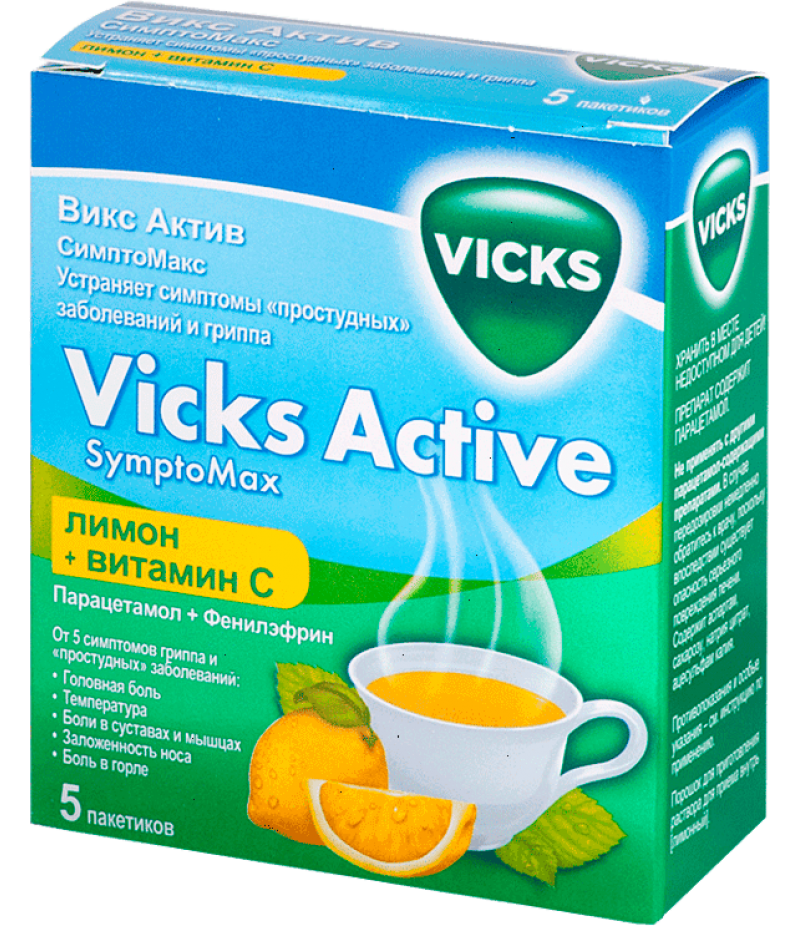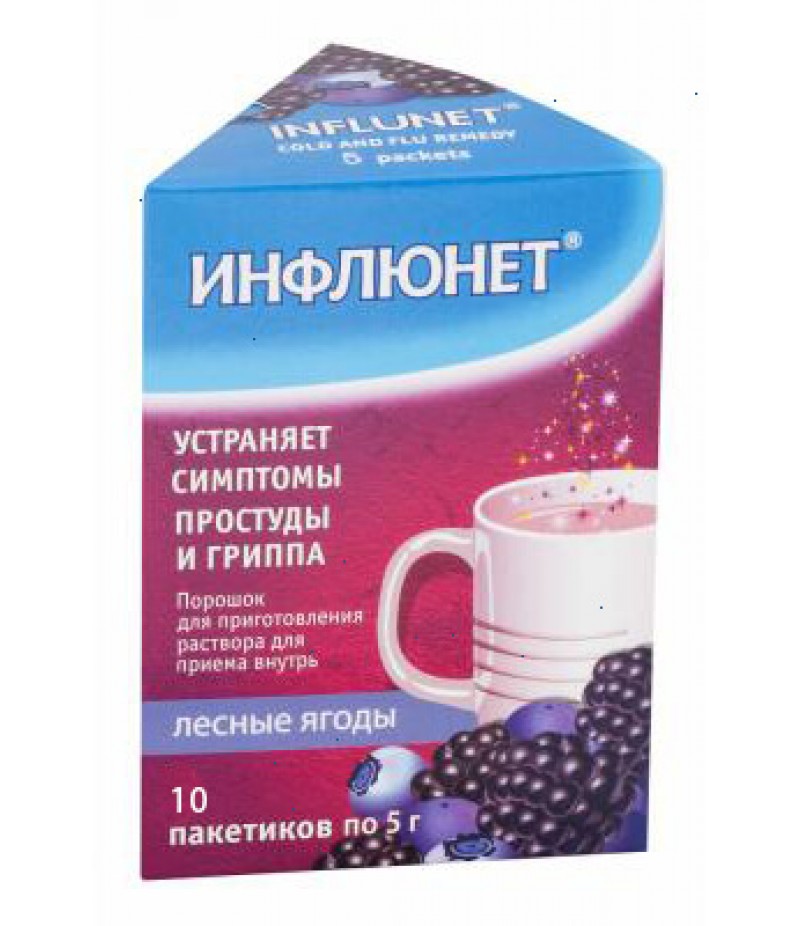Influnet caps #20
- $11.39
- 3 or more $11.17
- Availability:In Stock
Instruction for InflunetYou can buy Influnet onlineForm of release, composition and packagingHard gelatin capsules Influnet, size No. 0, blue casing, blue lid; contents of capsules - a mixture of powder and / or granules of yellow..
Tags: caps
Instruction for Influnet
You can buy Influnet online
Form of release, composition and packaging
Hard gelatin capsules Influnet, size No. 0, blue casing, blue lid; contents of capsules - a mixture of powder and / or granules of yellow with a greenish tint of color; allowed the presence of lumps, which when pressed with a glass rod easily turn into a powder.
1 caps.
paracetamol 175 mg
ascorbic acid 150 mg
succinic acid 60 mg
rutoside (in the form of trihydrate) 10 mg
phenylephrine hydrochloride 2.5 mg
Excipients: giprolose - 4.5 mg, silicon dioxide colloid - 2.5 mg, lactose monohydrate - 21.3 mg, magnesium stearate - 4.2 mg.
The composition of the hard gelatin capsule: gelatin, indigocarmine (E132), diamond blue (E133), titanium dioxide (E171).
10 pieces. - packings of cellular contour (1) - packs cardboard.
10 pieces. - packings cellular planimetric (2) - packs cardboard.
10 pieces. - packings cellular planimetric (4) - packs cardboard.
Powder for preparation of a solution for ingestion [cranberry, lime, forest berries, raspberry, mint] as a mixture of powder and / or granules from light yellow to yellow with a greenish tinge color, with the smell of cranberries or lime, or forest berries, or raspberries, or mint; prepared solution * - cloudy, with a yellowish-greenish tint, with the smell of cranberries or lime, or forest berries, or raspberries, or mint; the presence of undissolved yellow particles is allowed.
1 pack. (5 g)
paracetamol 350 mg
ascorbic acid 300 mg
succinic acid 120 mg
rutoside (in the form of trihydrate) 20 mg
phenylephrine hydrochloride 5 mg
Auxiliary substances: cranberry flavors or lime flavors, or flavors of raspberry, or mint flavors - 60 mg, aspartame - 30 mg, giproloses - 30 mg, silicon colloidal dioxide - 10 mg, lactose monohydrate - 4075 mg.
pharmachologic effect of Influnet
Combined drug, has antipyretic, analgesic, angioprotective, anti-edematous action.
Paracetamol has an antipyretic, analgesic effect.
Ascorbic acid (vitamin C) is involved in the regulation of carbohydrate metabolism, oxidation-reduction processes, the synthesis of steroid hormones, tissue regeneration, activates immune responses, reduces capillary permeability, enhances detoxification of the liver, regulates blood clotting processes. It replenishes vitamin C deficiency with "cold" diseases.
Amber acid enhances biochemical and physiological recovery processes. Has hepatoprotective, immunomodulating and antioxidant effect. Activates energy processes in the mitochondria, normalizes the permeability of cell membranes, is an intermediate of the Krebs cycle. In combination with drugs enhances their positive effect and reduces the manifestation of toxic effects.
Rutozid reduces permeability of capillaries, removes puffiness and inflammation, strengthens the vascular wall, inhibits aggregation and increases the degree of deformation of erythrocytes.
Phenylephrine stimulates postsynaptic α-adrenoreceptors, reduces edema and flushing of the nasal mucosa, restores free breathing, reduces pressure in the paranasal sinuses and the middle ear.
Pharmacokinetics
Data on the pharmacokinetics of Influnet is not available.
Indications
- symptomatic treatment of "colds" and flu, accompanied by fever, headache, chills, nasal congestion, sore throat and nasal sinuses.
Contraindications for Influnet
- hypersensitivity to the components of Influnet;
- severe liver disease (including acute hepatitis or exacerbation of chronic diseases);
- severe kidney disease (including acute pyelonephritis, acute glomerulonephritis or exacerbation of chronic diseases);
- Stomach ulcer and duodenal ulcer;
- glaucoma;
- propensity to thrombosis;
- diabetes;
- arterial hypertension;
Bradycardia;
- ventricular tachycardia, conduction disorders, ventricular fibrillation;
- heart failure;
- severe atherosclerosis;
- severe aortic stenosis;
Acute myocardial infarction;
- pheochromocytoma;
- hyperthyroidism;
- hyperplasia of the prostate;
- simultaneous reception of tricyclic antidepressants, beta adrenoblockers, MAO inhibitors (including within 14 days after their cancellation), other drugs containing paracetamol;
- lactose intolerance, lactase deficiency, glucose-galactose malabsorption syndrome (due to the presence of lactose in the composition);
- phenylketonuria (powder for solution for oral administration - due to the presence of aspartame in the composition);
- Pregnancy;
- the period of lactation (breastfeeding);
- Children and adolescence under 18 years.
Caution should be used in patients with benign hyperbilirubinemia, congenital deficiency of glucose-6-phosphate dehydrogenase.
Dosage
Influnet is prescribed inside after meals - 2 capsules or 1 packet at intervals of 4-6 hours, but no more than 4 times / day, for 3 days. The maximum daily dose is 8 capsules or 4 sachets.
If within 3 days after the start of treatment there is no improvement in the state of health, the patient should stop taking Influnet and consult a doctor.
Capsules are taken after meals, washed down with plenty of water.
The contents of 1 sachet must be dissolved in a glass of boiled hot water and taken hot. Stir before use.
Side effects of Influnet
When used in recommended doses, Influnet is well tolerated, side effects develop extremely rarely.
On the part of the hematopoiesis system: agranulocytosis, thrombocytopenia, thrombocytosis, hyperprothrombinemia, erythropenia, neutrophilic leukocytosis, anemia.
From the cardiovascular system: increased blood pressure, bradycardia, arrhythmia, angina.
From the side of the nervous system: headache, irritation, irritability, anxiety, weakness, dizziness, respiratory depression, tremor.
From the digestive system: nausea, vomiting, diarrhea.
On the part of metabolism: metabolic disorders, suppression of glycogen synthesis, excessive formation of corticosteroids, sodium and water retention, hypokalemia.
On the part of the urinary system: an increase or decrease in diuresis, damage to the glomerular apparatus of the kidneys, the formation of oxalate urinary stones.
Allergic reactions: skin rashes, hyperemia.
If any of the side effects indicated in the manual are aggravated or other side effects not indicated in the instructions appear, the patient should be informed of this to the doctor.
Overdose with Influnet
Symptoms (overdose mainly caused by paracetamol): pale skin, anorexia, nausea, vomiting and abdominal pain, increased liver transaminases, increased prothrombin time, gepatonekroz, arrhythmia, ventricular tachycardia, increased blood pressure.
Treatment: on the pre-hospital stage - gastric lavage, the appointment of activated charcoal, the conduct of symptomatic therapy. Antidote paracetamol - acetylcysteine. In case of an overdose, the patient should consult a doctor.
Drug Interactions
Stimulants microsomal oxidation in the liver (phenytoin, ethanol, barbiturates, rifampicin, phenylbutazone, tricyclic antidepressants) increase the production of hydroxylated active metabolites of paracetamol, this is due to the possibility of severe intoxication with minor overdose.
Paracetamol increases the effects of MAO inhibitors, sedatives, ethanol.
Antidepressants, antiparkinsonian, antipsychotic drugs, phenothiazine derivatives increase the risk of urinary retention, dry mouth, constipation.
SCS with simultaneous use with Influnet increases the risk of developing glaucoma.
Phenylephrine reduces the hypotensive effect of guanethidine.
Guanethidine enhances alpha adrenostimuliruyuschee effect, and tricyclic antidepressants - sympathomimetic effect of phenylephrine.
If it is necessary to take the drug Influnet together with other medicines, the patient should consult with the attending physician.
special instructions
The duration of Influnet without consulting a doctor should not exceed 3 days.
When using the drug, it is possible to distort the results of laboratory tests evaluating the concentration of glucose and uric acid in the plasma.
People prone to alcohol, should be before the start of treatment Influnet consult a doctor because paracetamol may have a damaging effect on the liver.
Pregnancy and lactemia
Contraindicated use of Influnet during pregnancy and lactation (breastfeeding).
Application in childhood
Contraindicated use of the drug in children and adolescents under 18 years.
In case of violations of kidney function
Not use this drug in severe kidney disease (including acute pyelonephritis, glomerulonephritis or acute exacerbation of chronic diseases).
With violations of liver function
Contraindicated use of Influnet in severe liver diseases (including acute hepatitis or exacerbation of chronic diseases).
Conditions of leave from pharmacies
To buy Influnet the prescription is not required.
Terms and conditions of storage
Capsules should be stored in a dry, dark place at a temperature of no higher than 25 ° C. Shelf life - 2 years.
Powder for solution for oral administration should be stored in a dry place at a temperature of no higher than 25 ° C. Shelf life - 2 years.
Influnet should be stored out of the reach of children.

